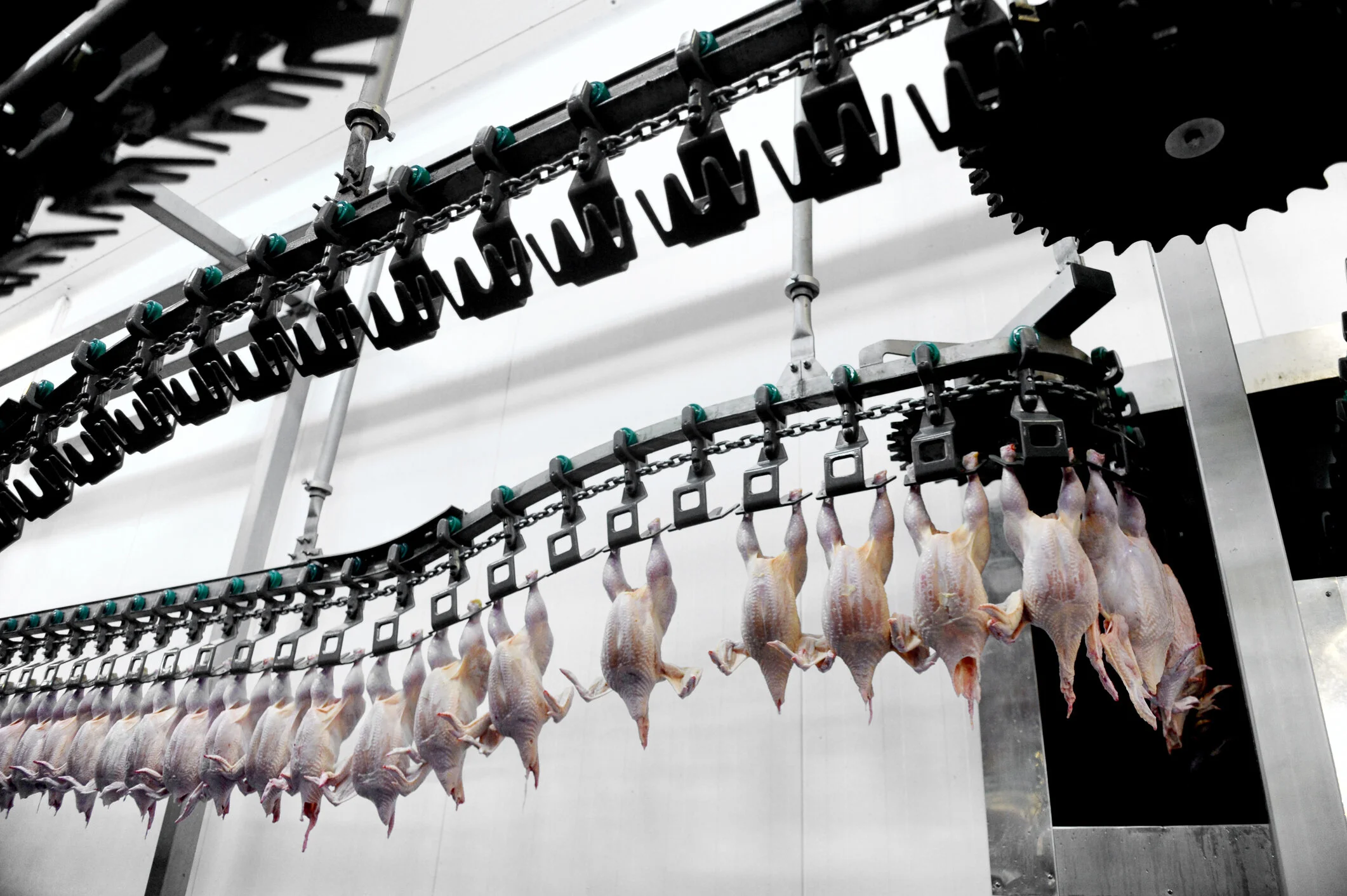Meatpacking plants have become national hot spots for the novel coronavirus.
Read MoreCOVID-19 has upended America’s food supply. With the loss of big buyers in restaurants and school districts, farmers without a place to sell their foods are dumping milk, tilling crops back into the ground, and euthanizing egg-laying hens.
Read MoreWhile the country grapples with the COVID-19 crisis, USDA food safety officials have been making decisions that could further sicken Americans and threaten frontline food workers.
Read MoreWholesale beef prices have jumped to record levels, as shoppers stockpile meat in response to the global coronavirus pandemic. But this run on beef isn’t helping cattle ranchers. On the contrary, cattle prices have plummeted since January, putting many ranchers on the brink of collapse.
Read MoreAgribusiness wants to dramatically change the way farmers value and pay for a bag of corn seed, to get a second bite at producer profits. Bayer, the world’s leading seed manufacturer, has been piloting an “outcome-based” pricing program that adjusts the cost of its seeds or agrichemicals based on how well its products perform. Farmers and antitrust scholars worry that goliaths such as Bayer will use this data-driven pricing program to further squeeze farmers and to lock more growers into the behemoths’ product bundles and digital agriculture platforms.
Read MoreFood safety officials lifted a ban on Friday on Brazilian beef imports, introducing a potential windfall for multinational meatpackers and significant threats to American ranchers and consumers.
Read MoreCanada’s Competition Bureau is looking into an allegation that agribusiness giants Bayer, Corteva, BASF, Cargill, and others tried to crush an online ag retailing startup, the California-based Farmers Business Network (FBN), according to court filings reviewed by The Wall Street Journal.
Read MorePersonalized pricing was a popular topic at the National Retail Federation’s annual convention in New York City this month, reports Food & Power Reporter Claire Kelloway. Grocery stores can leverage a combination of data analytics and customer identification and tracking tools to offer real-time individual pricing and promotions, both online and in-store. While the practice may still be in its infancy, some experts believe that personalized prices will become the standard in food retail and beyond.
Read MoreOn Monday, the USDA thwarted a decade of efforts to help farmers seek justice for discrimination, retaliation, and unfair treatment by meatpackers. Trump’s USDA introduced new criteria to determine whether a meatpacker violated the Packers and Stockyards Act, after withdrawing an Obama-era proposal two years ago. This latest proposal omits several critical farmer protections from the previous rule and introduces new language that could codify abusive industry practices.
Read MorePresidential candidate Sen. Cory Booker introduced a bill on Monday to radically reform an animal agriculture system that currently puts independent producers, rural communities, and consumers at risk.
Read MoreBaldwin, Florida, a town of roughly 1,600 residents west of Jacksonville, lost its last grocery store in 2018. Residents were left with a Dollar General and a 10-mile drive to the nearest full-service store. The town council couldn’t attract another grocery chain to take over the store, but they did own the property. So the council and Baldwin Mayor Sean Lynch decided the town would get in the grocery business and re-opened the store.
Read MoreLast week, The Wall Street Journal reported that U.S. and Chinese trade officials reached a deal to lift China’s five-year ban on U.S. poultry imports in exchange for the U.S. allowing more Chinese cooked chicken and seafood products.
Read More












